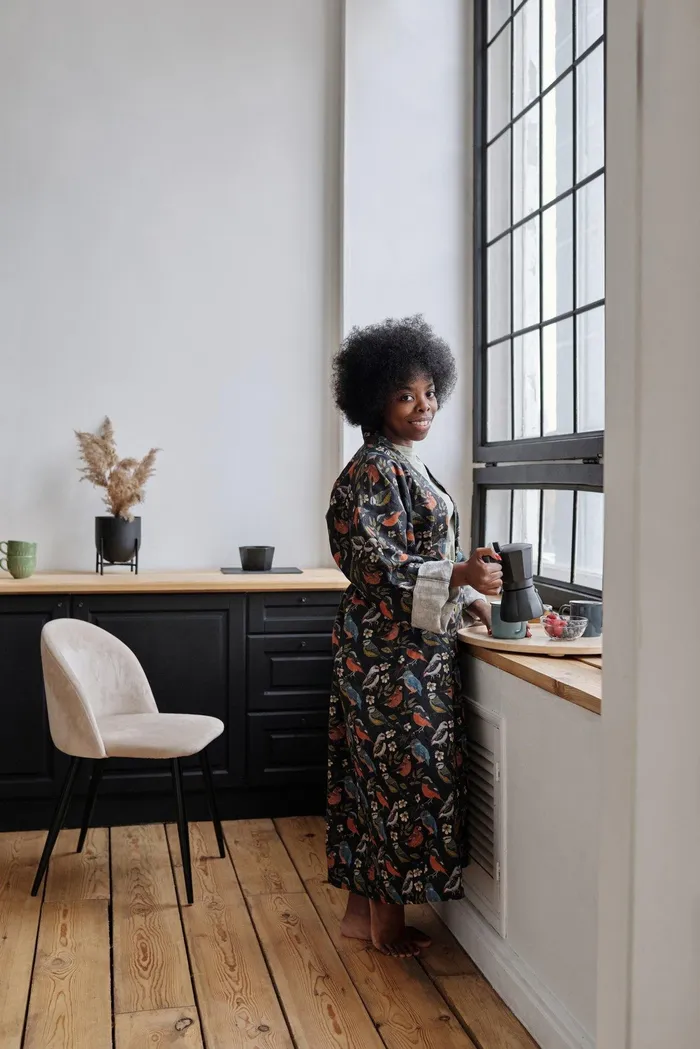
The data from Lightstone also shows that women-only buyers own approximately 2 154 000 properties, which represents 38% of all residential properties owned by individuals.
Image: Supplied
Although women own more properties, they generally buy property in the lower value bands, with many properties priced between R500 000 and R1 million.
“However, there is a growing trend of women buying properties in higher price segments, such as R1.5 million to R3 million, showing their financial independence and capacity to be active players in the property market,” says Bradd Bendall, the national head of sales at BetterBond.
The percentage of properties owned solely by women or jointly by women and men has increased over the past decade to account for 69% of all home ownership, according to Lightstone, while the percentage of properties owned solely by men has held steady at 31%.
The data from Lightstone also shows that women-only buyers own approximately 2 154 000 properties, which represents 38% of all residential properties owned by individuals.
The total rand value of all properties owned or co-owned by women is therefore estimated to be in the range of R4.83 trillion.
Lightstone’s recent data puts the average spend by women on estate freehold properties at R2.2 million and R1.5 million for estate sectional title properties.
Solo men own around 1 700 000 residential properties, more often in the higher-value price bands. Given that the value of the whole South African housing market(referring to the 6.9 million properties registered on the Deeds Register) is estimated to be around R7 trillion, according to the Centre for Affordable Housing Finance in Africa, the men’s share (31%) of this would be just over R2.1 trillion.
BetterBond, a home loans and financial services provider, says that women's ownership can be boosted by:
The ownership of property can play a crucial role in enhancing the economic security of women and their related dignity, says associate professor Francois Viruly of the Department of Construction Economics & Management at the University of Cape Town (UCT).
“The critical issue is to ensure that we have a property market that is underpinned by processes and regulations that reduce transaction costs and which, as a result, make it possible for women to own or co-own properties.”
He added that these women's homeownership figures do not surprise them, as they were seeing a growing number of women joining their property entrepreneurship and investment courses.
Bendall said women are significant drivers of buying activity and therefore make an important contribution to the country’s economic growth. He said the growth in home ownership by women points to their increased financial independence and confidence in property as an investment.
BetterBond said homeownership is also a means to creating generational wealth, which provides stability and long-term security for women and their families. “Women favour certain segments of the property market, such as sectional title and affordable housing, so their participation is an important driver of activity in these areas.”
The company said that while barriers such as pay gaps and greater reliance on subsidised housing remain, women can access the market through new developments, transfer duty exemptions, and bank products offering up to 110% home loans for qualifying young professionals.
Increased women’s homeownership contributes to economic empowerment and reduces gender inequality.
According to Bendall, if the barriers faced by women in homeownership are not addressed, the property market would lose a significant investment from this important segment of the population. He said a lower demand could have an impact on the country’s economic growth.
“Women are the predominant drivers of the affordable housing and sectional title sectors, and a slowdown in their buying activity would affect the expansion of the property sector.”
He added that many women see property investment as a way to support their families, alleviate poverty and generate generational wealth. “As reported in the 2023 General Household Survey, the proportion of women-headed households increased in 2024 by 2.4% to 42.4%.
"If women's homeownership does not increase, the financial security of these women-headed households will be affected.
"Women also rely on property as collateral for business finance. Property is therefore a way by which many women, through small businesses and economic activity, can contribute meaningfully to the country’s financial growth," Bendall said.
Independent Media Property
Related Topics: